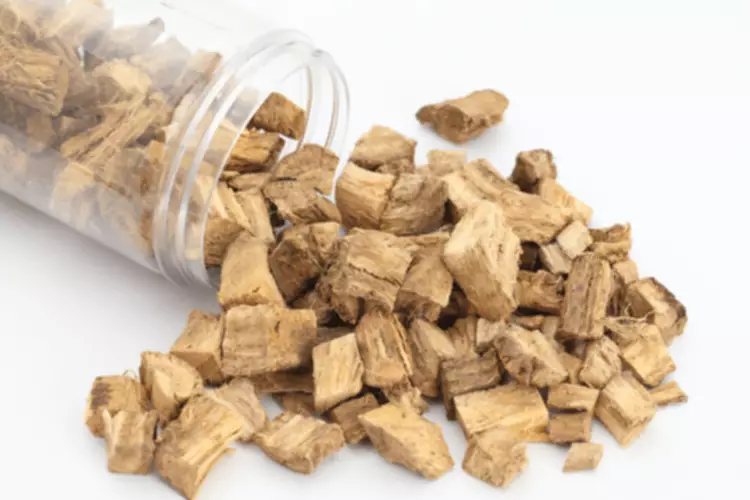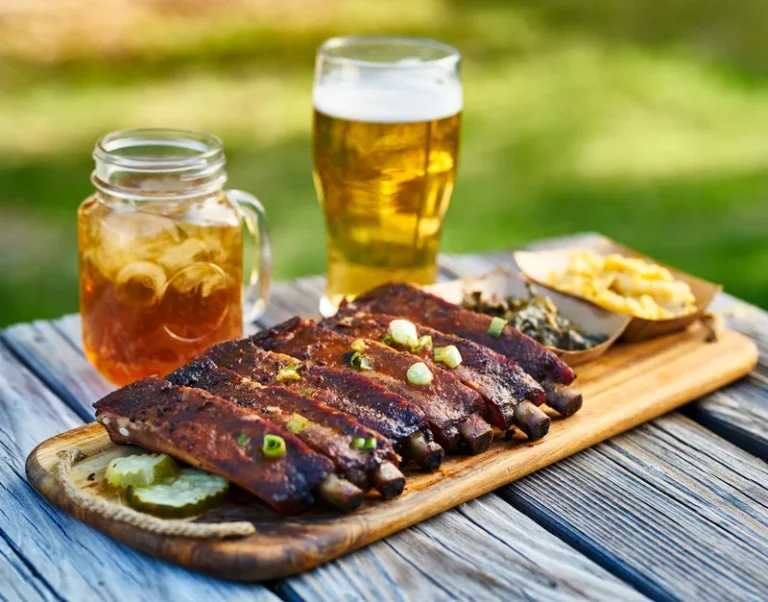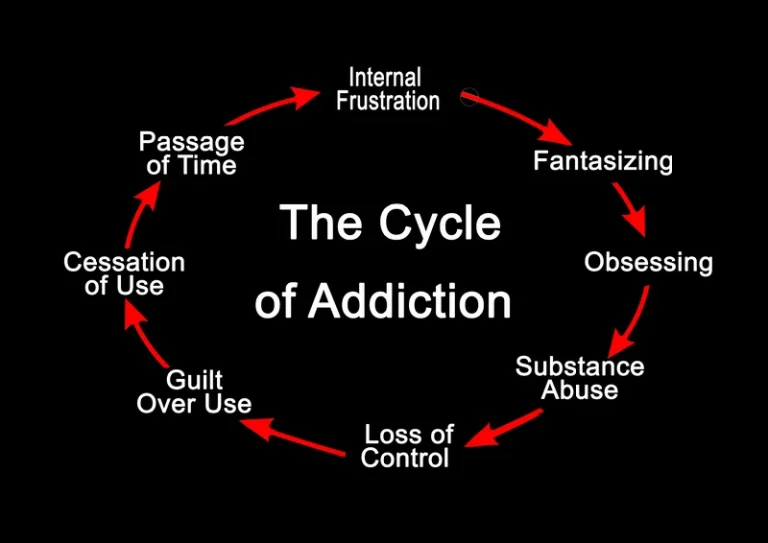Guilt And Shame In Recovery: Top 10 Tips to Overcome Them

Guilt and shame becomes a vicious cycle that goes somethinglike this. Active addiction pushes us to do things we wouldn’t normallydo just to survive. When you’re addicted to something, you have to https://ecosoberhouse.com/ find a wayto get the thing you are addicted to, every day. It doesn’t matter how you getit or who you hurt in the process. You feel compelled to meet your addiction’s needs no matter what thecost.
Practice Mindfulness:
Over the past 15 years in which I have been a counselor, I have worked with individuals who have battled a variety of different addictions over their lifetime. However, the common factor in each case kept leading back to the emotional train wreck that their lives had developed into. Most days I am extremely grateful for the direction in which my life has led as I have been able to work with those individuals who still suffer from addiction. However, there are times in which I feel ashamed of this chapter in my life, mostly because I allowed something to control my existence for five years. Overcoming shame in recovery often involves recognizing the positive changes and growth you’ve achieved.
- We all have strengths and weaknesses, it’s just a matter of being aware of (not shaming) your shortcomings and shining light on the strengths.
- Most of the team providers carry multiple board certifications in psychiatry, addiction medicine and family medicine.
Breaking the Cycle of Guilt and Shame

Of course, it is always important that you are completely honest when it comes to your past and present situation when it comes to your addiction. This will allow people like healthcare workers, therapists, and those in your support system to help you in the best way possible. Golden Gate Recovery, in Martin County, CA, is an accredited drug and alcohol rehab for men. We have certified addiction specialists experienced in treating individuals with substance use disorder and mental health issues, which often go hand in hand. Our therapists are well-versed in approaches that will help you learn to see mistakes as behaviors and not as a representation of your self-worth. Additionally, being a single-gender rehab promotes more open and relaxed communication among the people in treatment.
Study Reveals Parental Social Support Shields Children of Bipolar Parents from Mental Health Issues
- But with understanding and the right tools, they can be transformed into stepping stones for personal growth and strength.
- In addition, consider joining local support groups or seeking professional help from therapists or counselors if needed.
- When you’re addicted to something, you have to find a wayto get the thing you are addicted to, every day.
- In fact, many ancient eastern philosophies tout the benefits of mindfulness meditation for promoting physical health, mental wellness and spiritual growth.
On one hand, when an individual is not constantly focused on the next drunk or the next high, feelings of responsibility for past misbehaviors is only natural. In fact, learning to take personal responsibility is an important part of recovery from addiction. Even worse, if those feelings of guilt and shame not dealt with, they can even trigger a relapse, driving that person back into substance abuse. In my addiction recovery journey, I’ve come across various therapeutic approaches to dealing with the emotional burdens of shame and guilt. One of the most effective methods for me has been alternative therapies. In this segment, I explore different alternative therapies for healing shame and guilt.

These insights and strategies underline the importance of addressing the psychological impact of shame and regret in your recovery journey. By understanding these emotions and employing effective coping mechanisms, you can transform them into catalysts for personal growth and resilience. Welcome to Help in Recovery, a transformative space dedicated to guiding guilt and shame in recovery you through your journey of recovery. Today, we delve into a sensitive yet crucial aspect of recovery – overcoming past shame and regret. These emotions, often lurking in the shadows of our healing path, can be formidable barriers. But with understanding and the right tools, they can be transformed into stepping stones for personal growth and strength.
Creating goals that you can work toward during your addiction recovery is a great way to increase this though. These goals could be anything from starting a new hobby that you are proud of to make the big step of going back to work. Sometimes feeling that you are being productive or learning a new skill that you have always wanted to is enough to increase the feeling of self-worth. This article will help you understand the importance of dealing with guilt and shame in recovery and help you find support as you work through the process. Forgiving the people in your life that have wronged you helps you heal. Perhaps you need to make amends for things you’ve done wrong to them as well; and, if so, making amends can be a freeing experience.
Practicing Forgiveness Towards Oneself

A “failure” is the ideal opportunity to learn how to do better in the future. The people who overcome addictive behaviors are the ones who take on the challenge of setbacks and learn everything they can to face their realities. How is your physical health, social network, intimate relationships, work roles, and finances. By focusing solely on the addictive behavior, you can neglect the other areas of your life that make your addictive behavior worse or could be the reason why it’s happening in the first place. I touch on this in my TEDx talk on shame and mental health labels.

Review what you believe is right and wrong to solidify your value system. Once you are aware of your values, let them guide your behavior. When situations arise and you are unsure what the correct thing to do is, consult your value system and act within these guidelines. If you do not have a guideline for certain situations, think about the situation thoroughly weighing the pros and cons of different courses of action. Talk to other people and find out how they would handle the situation.
